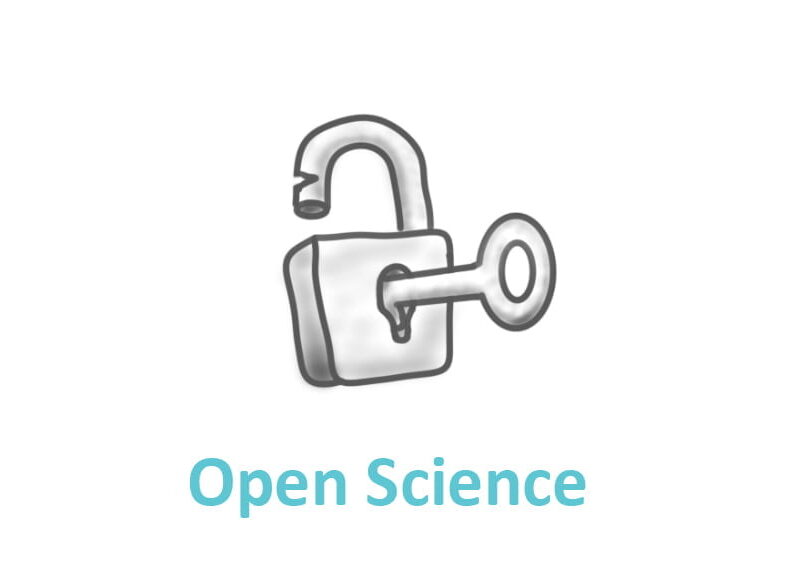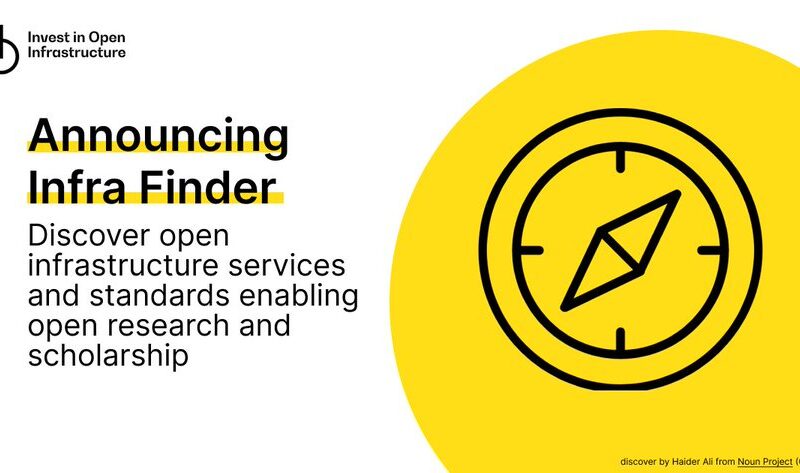
Country Leaders of Open Science
Country Leaders of Open Science https://opusproject.eu/wp-content/uploads/2023/03/pexels-cottonbro-studio-4861335-scaled.jpg 1024 682 Open and Universal Science (OPUS) Project Open and Universal Science (OPUS) Project https://opusproject.eu/wp-content/uploads/2023/03/pexels-cottonbro-studio-4861335-scaled.jpgOpen Science is an initiative that aims to make scientific research more transparent, accessible, and reproducible. It is based on the principles of open access, open data, open source, and open peer review. The goal of open science is to improve the quality and impact of scientific research, to accelerate scientific discovery, and to make science more relevant and useful to society.
Several countries around the world have recognized the potential of open science and have taken initiatives to promote it. These countries have implemented policies and strategies that support open science, such as open access mandates, data management policies, and open science platforms. In this article, we will highlight some of the country leaders of open science and their initiatives.
- The Netherlands
The Netherlands is a pioneer in open science, and its government has been promoting open access to scientific publications since 2003. In 2013, the Dutch government launched the National Plan Open Science, which aims to make all publicly funded scientific publications in the Netherlands open access by 2020. The plan also promotes open data, open peer review, and citizen science. The Netherlands also hosts the Open Science Centre, a platform that provides tools and resources for open science.
- United Kingdom
The United Kingdom has been a strong advocate for open science, and its government has implemented several policies to promote it. In 2012, the UK government launched the Finch Report, which recommended that all publicly funded research should be made available in open access. In 2016, the UK government launched the Open Research Data Task Force, which aims to promote open data in research. The UK also hosts the UK Research and Innovation (UKRI) open access policy, which requires all research articles and conference papers resulting from UKRI funding to be made open access.
- Canada
Canada has been a leader in open science, and its government has implemented policies and initiatives to promote it. In 2015, the Canadian government launched the Tri-Agency Open Access Policy, which requires all peer-reviewed articles funded by the three major federal research funding agencies to be made open access within 12 months of publication. The Canadian government also launched the Open Science Implementation Plan, which aims to make all federally funded research data openly available by default.
- United States
The United States has also recognized the importance of open science and has implemented several policies and initiatives to promote it. In 2013, the Obama administration launched the Open Data Policy, which requires federal agencies to make their data open and machine-readable by default. In 2019, the US government launched the Federal Data Strategy, which aims to improve the management and use of federal data. The US government also hosts several open science platforms, such as the open data portal and the Open Science Framework.
- European Union
The European Union has also taken initiatives to promote open science. In 2016, the European Commission launched the Open Science Policy Platform, which provides advice and recommendations on open science to the Commission. In 2018, the European Commission launched the European Open Science Cloud (EOSC), which aims to provide a single access point for European research data. The EOSC also promotes open data, open access, and open science practices.
Open science is an initiative that is gaining momentum worldwide, and several countries are taking initiatives to promote it. These initiatives are aimed at making scientific research more accessible, transparent, and reproducible. The leaders of open science have implemented policies and strategies that support open access, open data, open source, and open peer review. As a result, scientific research is becoming more relevant and useful to society, and scientific discovery is accelerating.
- Posted In:
- Open Science News




